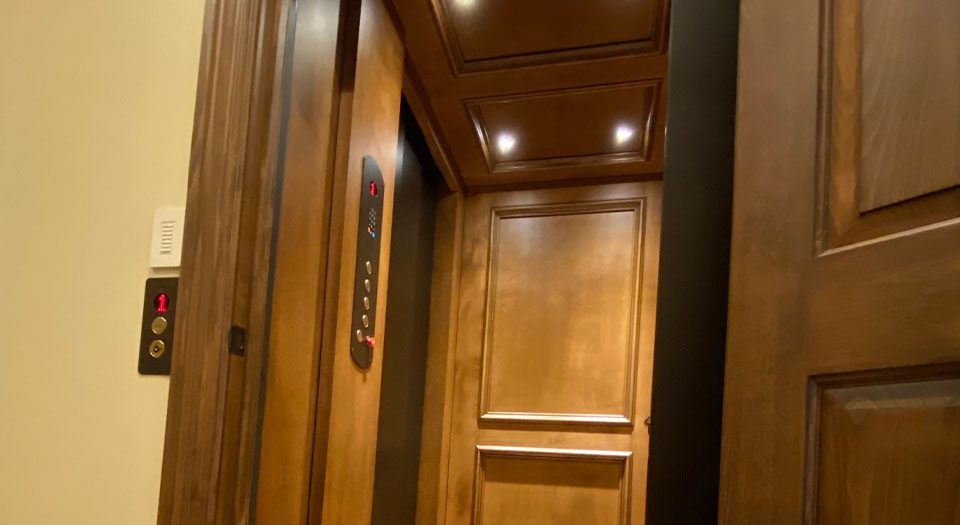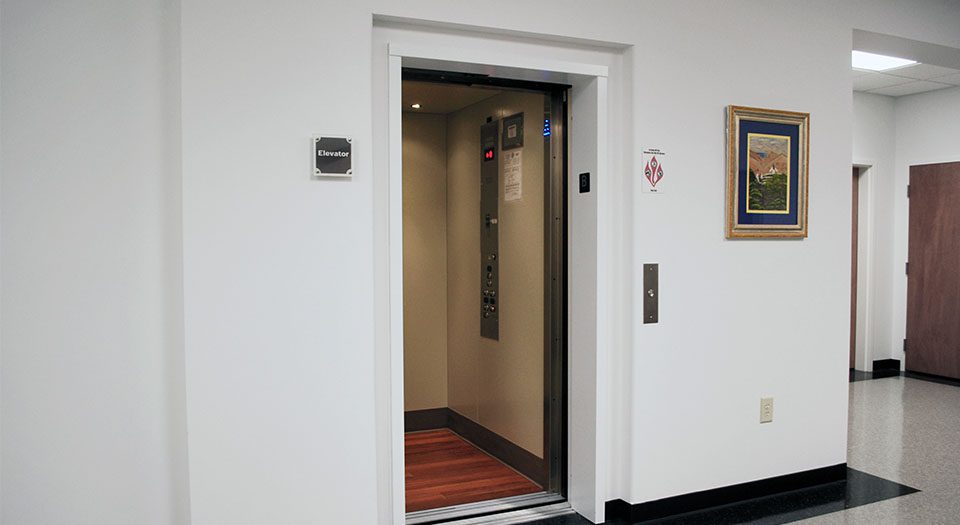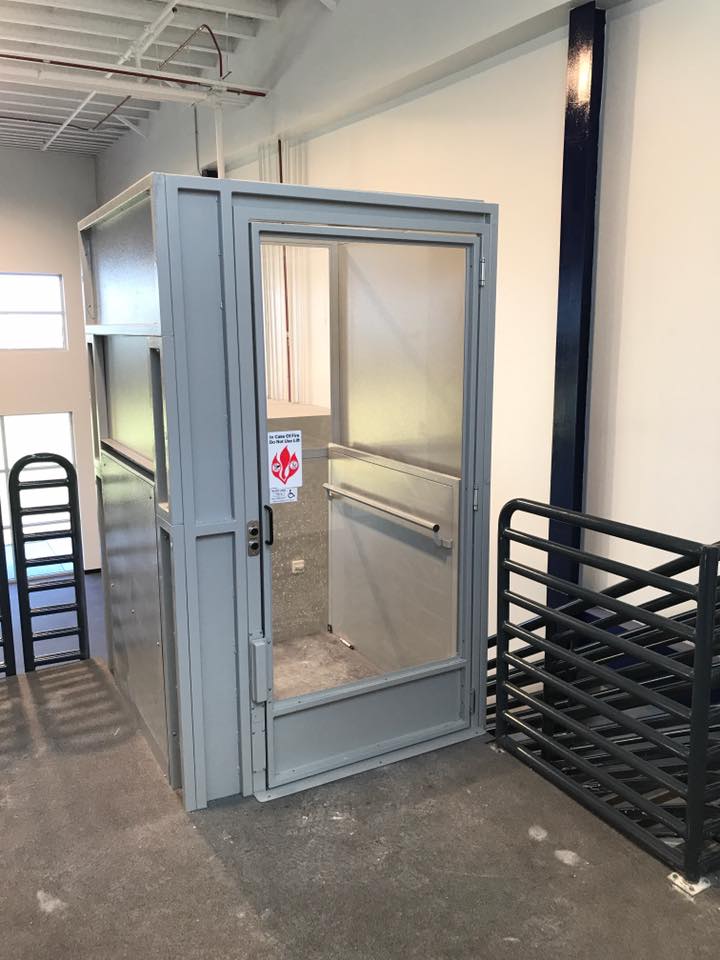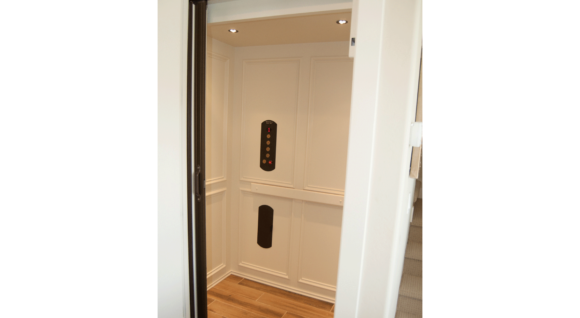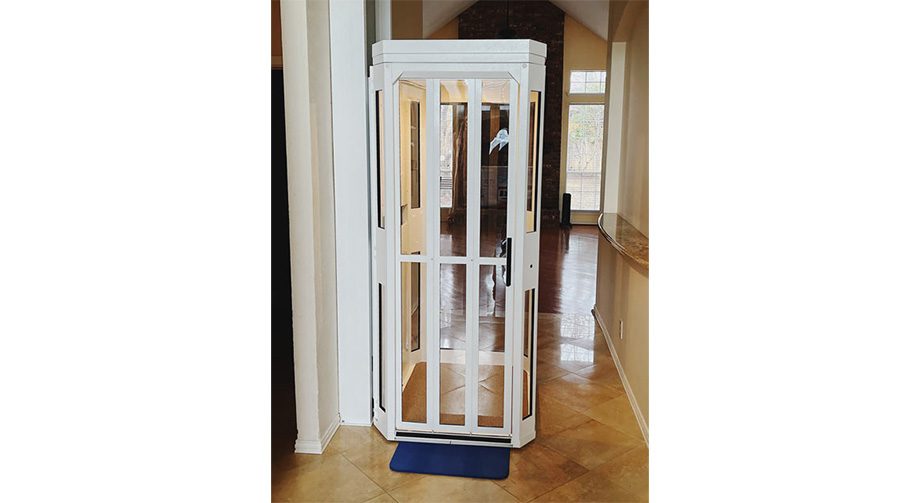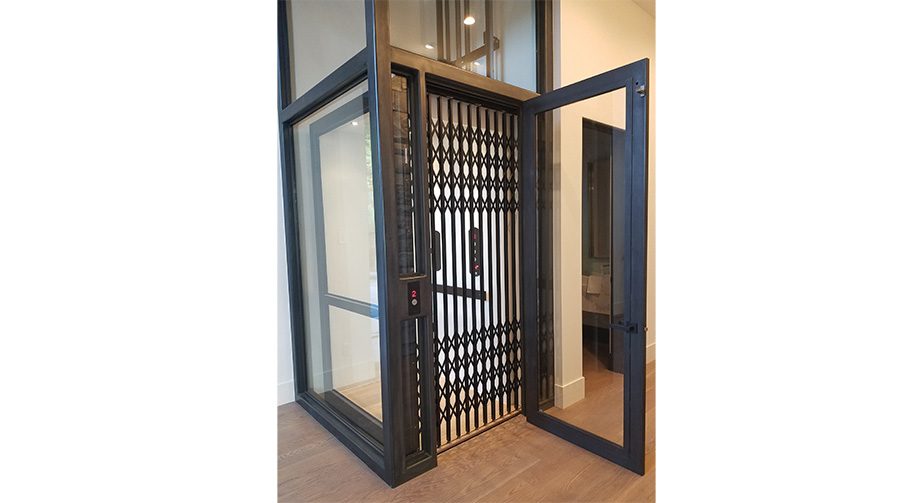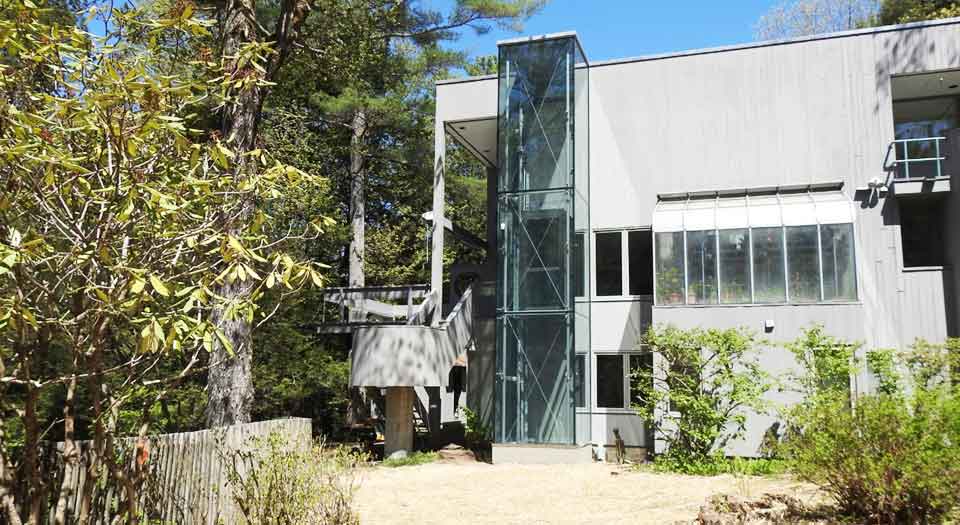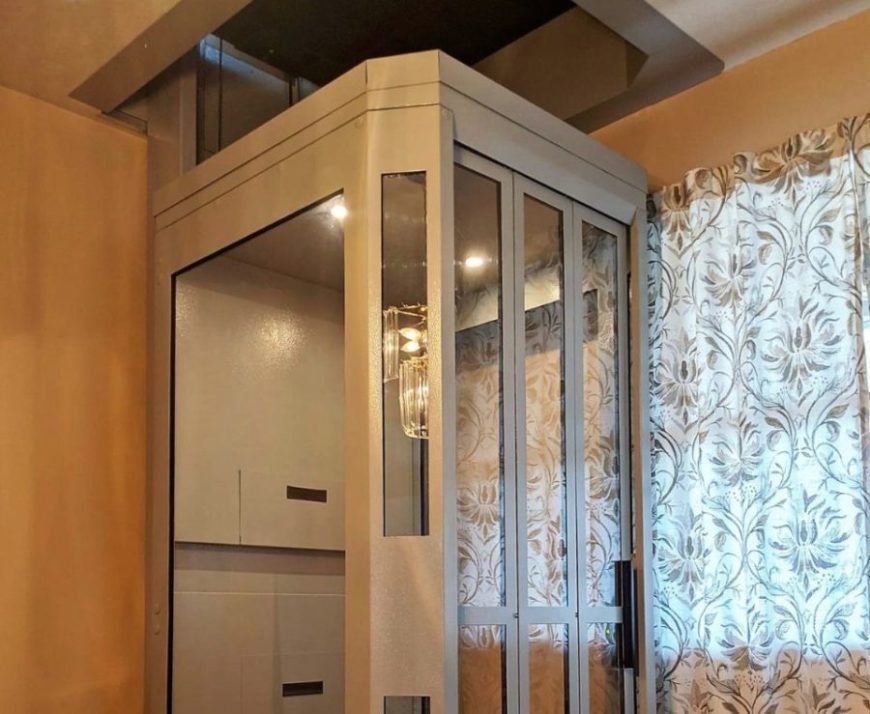With the increased popularity of aging-in-place, home elevators are more popular than ever. Once considered a luxury for the wealthy, home elevators are now affordable investments that improve people’s ability to live independently in their homes. The many types of residential elevators available offer solutions whether you plan to age in place, improve your existing mobility, or add value to your home.
Read MoreBlog
The Symmetry LULA Elevator Buying Guide
Commercial buildings of more than three stories must include an ADA-compliant elevator. While not an issue for new buildings, older buildings without existing elevators don’t always have floor plans conducive to full elevator installation. Commercial buildings not covered by ADA regulations may still want a lift system for the convenience of building occupants or guests. In both cases, LULA elevators offer a cost-efficient solution.
Read MoreHow ADA & Building Codes for Elevators Work
Residential elevators are comprised of 3 primary functional elements; the car, rail structure and the drive system.
The car is the most visible portion of the home elevator. It can be made in a variety of sizes and configurations and there are a number of ways that you can customize your home elevator car to match the décor of your home. The elevator car is the piece that transports passengers from landing to landing.
Floodplains and Home Elevators: 5 Guidelines You Need to Know
Residential elevators are comprised of 3 primary functional elements; the car, rail structure and the drive system.
The car is the most visible portion of the home elevator. It can be made in a variety of sizes and configurations and there are a number of ways that you can customize your home elevator car to match the décor of your home. The elevator car is the piece that transports passengers from landing to landing.
15 Questions to Ask Your Elevator Expert Before Installation
An elevator purchase is a serious investment in your home and future, so it’s only natural you’ll have questions for your elevator dealer before the installation process starts. Knowing which questions you need to ask is essential: it’s not unusual for homeowners to forget to ask important questions.
Read MoreWhy You Should Choose a Shaftless Elevator for Your Home
A shaftless home elevator is a compact, stylish solution for people with mobility issues or homeowners who plan to age in place. The design of a shaftless elevator makes it an excellent choice for both new and existing homes. Installation is easy, and the elevator is convenient, safe, and customizable. Let’s explore the many features of a shaftless home elevator and why you should choose one for your home.
Read More5 Tips for Elevator Modernization in Your Home
A custom elevator provides you with decades of service. Regular maintenance and inspections keep home elevators operating safely and efficiently for 35 to 45 years, and it’s not unusual to find well-maintained elevators still working well after fifty years of use. Even so, wear and tear do have an impact on mechanical parts and an elevator’s cosmetic appearance. When this happens, it’s time to consider elevator modernization.
Read MoreElevator Plan: What is in an Elevator Design Guide?
An elevator design guide, also known as a planning guide, is a document that contains the details necessary for the inclusion of an elevator into a construction project. Elevator planning guides are an essential step in the planning and construction process. While such guides primarily meet the needs of the architect and general contractor working on the project, guides provide everyone with valuable information on the standard and optional features of the elevator. A home elevator design guide allows homeowners to visualize their finished project and consider elements of elevator installation and use they might otherwise overlook.
Read MoreCan You Put an Elevator Outside?
Residential elevators are popular solutions to mobility or aging-in-place issues, and most often installed in a home’s interior. Sometimes, however, home size, floor layout, or building structure make interior elevators impractical. You don’t have to give up on your dream of a home lift in such cases. Instead, you can install an outdoor home elevator.
Read MoreCommon Questions About Shaftless Elevators (and the Answers!)
Older homes, or smaller houses, may not have the floor space necessary for an elevator shaft. Fortunately, there are several small elevators for home use on the market. The leader among them is the shaftless home elevator.
Read More
